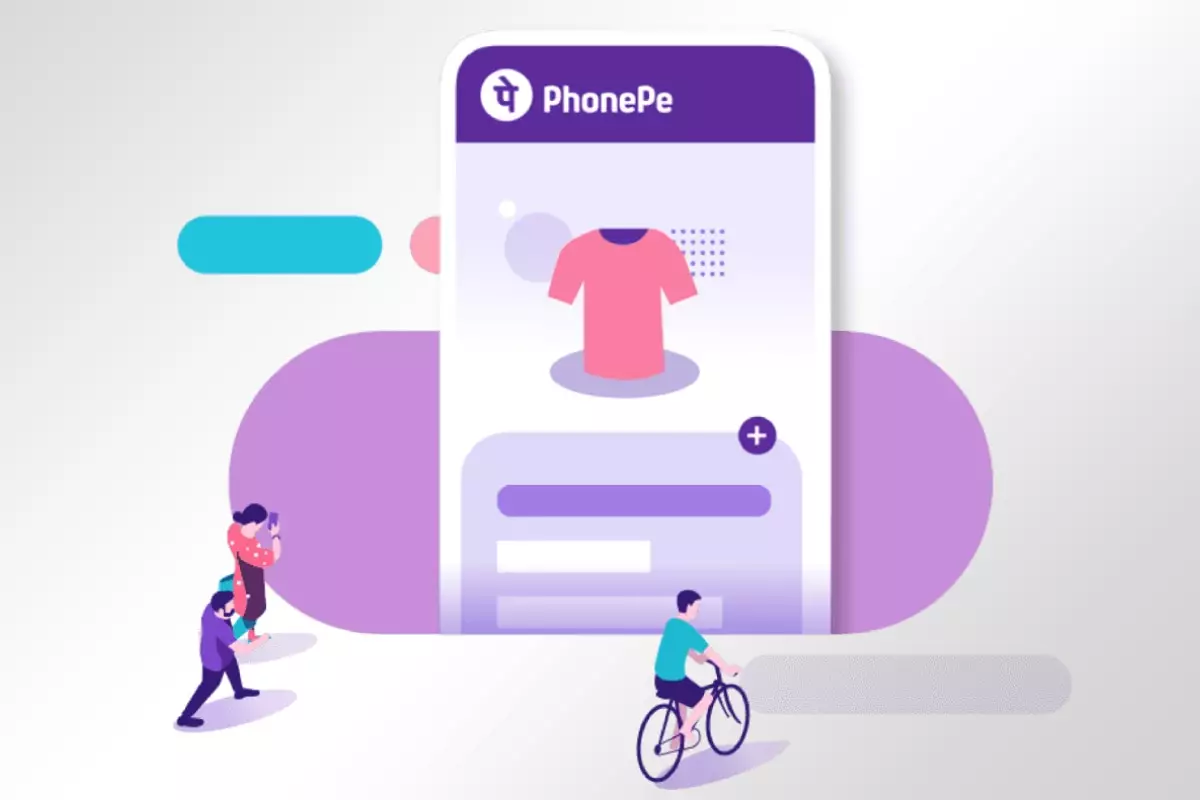In an impressive advancement for digital transactions, PhonePe has unveiled its latest feature, the UPI Circle, a groundbreaking initiative that enables primary users to authorize secondary users to make payments without needing a bank account. This feature, developed by the National Payments Corporation of India (NPCI), signifies a momentous leap in financial inclusion, potentially transforming the way Indian families can manage and share their economic resources. But while the innovation is commendable, it raises critical questions about autonomy, security, and the ethical implications of shared financial management.
The introduction of UPI Circle at a time when digital payments are increasingly becoming the norm is both timely and vital. It expands the utility of the Unified Payments Interface (UPI) while also ensuring that spending can occur under careful supervision. In essence, it democratizes access to digital financial tools, allowing those without established bank accounts—such as minors or dependents—to make transactions. However, this approach must be scrutinized. Is it truly empowering, or does it risk fostering financial dependence on the primary user?
The Mechanics behind UPI Circle
PhonePe’s UPI Circle operates by allowing a primary account holder to create a network of secondary users—friends or family members—who can execute transactions using unique UPI IDs. The primary user retains full control over these transactions, either vetting them through partial delegation or establishing a monthly spending limit through full delegation. The limits are capped at ₹15,000 monthly for each secondary user, with the individual transaction limit set at ₹5,000.
These features present an appealing semblance of control; however, one must ponder the potential ramifications. By allowing secondary users temporary access, the primary user assumes a significant degree of oversight, which could be intrusive. While it provides a mechanism to oversee spending, it also may imply an imbalance of financial power within familial or social dynamics. Could this lead to misunderstandings or ethical dilemmas regarding trust and independence among loved ones? The power dynamic embedded in this arrangement is a layered complexity overshadowed by the appealing veneer of convenience.
Security Concerns in Financial Sharing
While PhonePe touts UPI Circle as a secure method for managing shared finances, the reality is that any innovation within digital transactions is fraught with potential vulnerabilities. The risk of fraud and hacking increases with the sharing of financial access, especially when multiple users, each with different financial behaviors and levels of understanding, are involved. Primary users are notified with each transaction, which is reassuring, but such notifications may not adequately mitigate the risks entailed in shared financial oversight.
Moreover, one must consider what happens when spending limits or transaction rejections spark contention. How will secondary users react if they feel undermined or judged for their spending habits? Emotional implications can be substantial when money is involved, and UPI Circle runs the risk of introducing strain into personal relationships, instead of simply facilitating supportive financial sharing.
The Competitive Landscape and Future Implications
PhonePe’s competitors, such as Google Pay, are similarly eyeing the UPI Circle feature, with expected rollout in August 2024. The race to dominate as financial service providers in India’s burgeoning digital landscape is fierce. This competition invariably drives innovation but equally raises concerns about how these platforms prioritize user well-being against revenue generation.
The heightened scrutiny regarding user safety and access must become foundational to these innovative financial tools. An emphasis on transparency and education around shared financial management should accompany UPI Circle’s capabilities. Users deserve clear guidelines and resources to navigate the complexities of shared financial practices effectively.
In essence, while the UPI Circle represents a notable innovation towards enhancing trust and collaboration in financial transactions, it does not exist in a vacuum. It asks users to navigate a territory fraught with potential risks and ethical considerations. The evolution of financial technology must not only facilitate convenience but also prioritize the fundamental values that underpin healthy financial relationships.

Leave a Reply